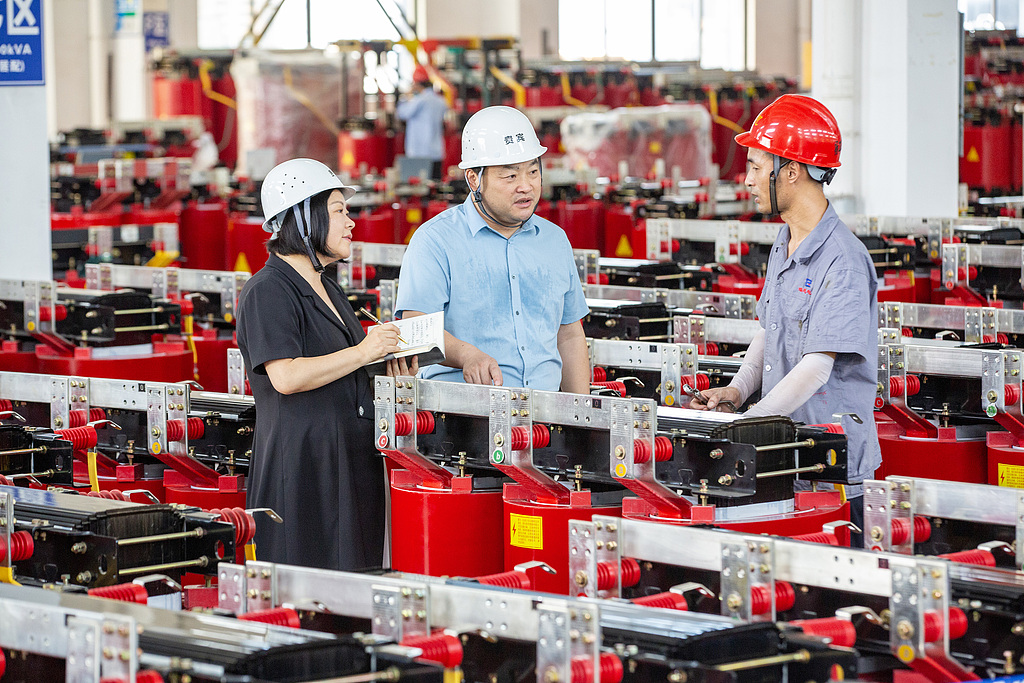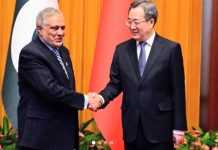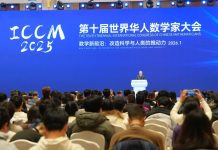BEIJING: Farmers in Yinjiayuan, a village in Jiangsu Province, east China, have recently welcomed some good news. The cost of irrigating their land has dropped by 20 percent, and the frequency of pump malfunctions has significantly decreased. These improvements are thanks to the efforts of Shi Weidong, a local political advisor.
Shi, a member of the National Committee of the Chinese People’s Political Consultative Conference (CPPCC), is also an expert in fluid machinery, having previously served as the president of Nantong University in Jiangsu. In 2023, he submitted a proposal to the CPPCC advocating for the adoption of a “digital twin” platform, a virtual model of physical systems, to optimize the precision and efficiency of water pump management.
His proposal aligned perfectly with a nationwide initiative to modernize water conservancy infrastructure. That same year, China began constructing 23,000 new water supply facilities in rural areas as part of this effort.
Shi’s recommendation not only benefited local farmers but also highlighted the vital role of the CPPCC as a platform for consultative democracy, an essential component of China’s political system.
The CPPCC is neither a state organ nor a social organization. It’s a political consultation body under the leadership of the Communist Party of China (CPC), and an important part of democratic supervision.
Its members are drawn from political parties, people’s organizations, personages without party affiliation and various sectors of society. For example, many celebrities and experts, such as famous basketball star Yao Ming, filmmaker Zhang Yimou and China’s first person sent into space Yang Liwei are all CPPCC members.
CPPCC members can put forward proposals so that departments of government can act to solve problems, make suggestions and criticisms, conduct inspections, investigations and surveys, and participate in law-revision discussions, key meetings and other important activities organized by the CPC and the state.
There are more than 2,000 members of the national committee of the CPPCC who work along with tens of thousands of members of local committees in provinces, municipalities and autonomous regions. Together, they participate in the discussions and the handling of state affairs and play a vital role in supervising the CPC, building maximum political consensus, improving the work of governments and boosting Chinese democracy.
This year marks the 75th anniversary of the CPPCC. On September 21, 1949, more than 600 deputies from various sectors gathered in Beijing to hold the first plenary session. Decades later, the CPPCC plays an increasingly effective role in state governance.
For example, the CPPCC National Committee added an environment and resource sector in 2023, marking the most substantial change to the Committee’s composition in 30 years, the previous major adjustment being the establishment of the economic sector in 1993. –The Daily Mail-CGTN news exchange item






